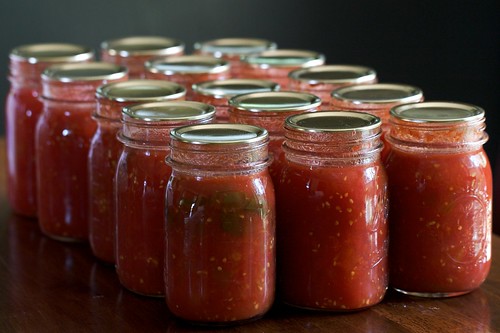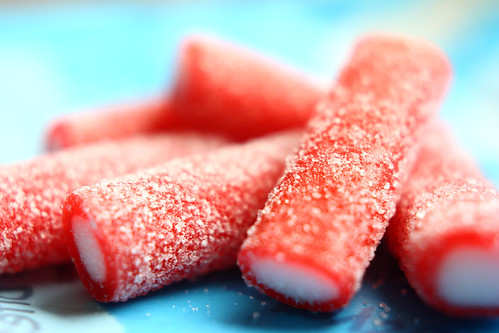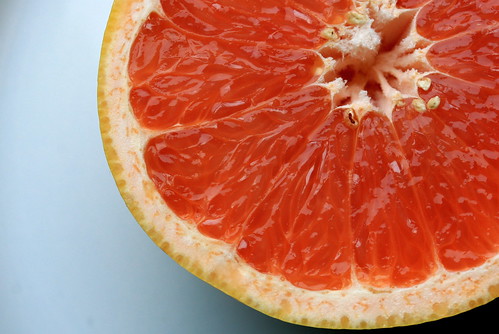Citric acid, what is it and how is it used? Citric Acid is a naturally occurring preservative used in many applications including canning, flavoring, cleaning, and even photography development. As a weak organic acid, it is commonly purchased in powder form, but is found in all citrus fruits including lemons, limes, oranges, and tangerines. While it has a variety of uses from food preservation to flavoring, it also has many other practical home uses as well.
Preservative
When used in the canning process, it helps prevent the harmful form of food poisoning known as botulism. When combined with fruits or vegetables, Citric Acid helps to maintain a safe pH level inside the foods. Additionally, Citric Acid will also help to minimize discoloration or oxidization that naturally occurs over time.
Sour Flavoring
Since Citric Acid is safe for human consumption and has a naturally sour taste, it is a popular ingredient in most types of candy, especially sour flavored candies. Many artificial flavorings and drinks also use it in their recipes. In moderation, the sour flavor is also used to enhance dishes by balancing sweet and salty flavors together. Acting as a flavoring substitute, many health food recipes call for the use of Citric Acid.
Alternative Uses
While Citric Acid is best known as a food preservative and flavor enhancer, it has many alternative uses. Because it is a weak organic acid, it is useful as an environmentally safe cleaning product. There are many different types of these environmentally safe cleaning products that contain various levels of Citric Acid. Some other useful tools Citric Acid can be used for are artificial enamel formation and regeneration as well as its use in photography in the chemical process of developing prints.





I’ve heard that citric acid is labeled in foods instead of saying MSG, is this true? Does it have the same effect as MSG in foods or as a perserative?
Thanks
While Citric Acid and MSG are not the same, manufactured Citric Acid does often contain small amounts of MSG. Typically the manufactured Citric Acid is derived from corn rather than fruits and during processing trace amounts of processed free glutamic acid are created. Although it is a small amount of MSG, if you are especially sensitive to foods containing MSG you might want to also avoid foods labeled with Citric Acid.
I use citric acid in my dishwasher with a smaller amount of powder dish cleaner. My dishes and glasses come out PERFECT.
If you use food grade, I use it to make cheese and add it to anything that would otherwise need lemon (dressings, club soda etc). In addition, if you mix a small amount with olive oil and garlic powder to tenderize meet, it’s much healther than the commercial tenderizers.
It’s worth buying in bulk and using it for cleaning and just about everything. Oh, did I mention adding water and using it to take off hard water spots?
I want to make dill pickles and pickled veges. I cannot have foods with vinegar. May I substitute citric acid instead. If so, how much per qt. jar? How much per gallon if used in a crock?
My brother wants to can some chopped garlic and will be using citric acid as a preservative along with olive oil. The problem is, the package doesn’t say how much to use or in what dilution. Please help!
Please I want to clean my metals CuO, SnO, and ZnO to Eliminate the Oxygen, I want to use Citric Acid as a cleaning agent, do you know I can go about it and also to prevent the Surface of the metal from reacting again and also prevent residual Citric acid in my metal.